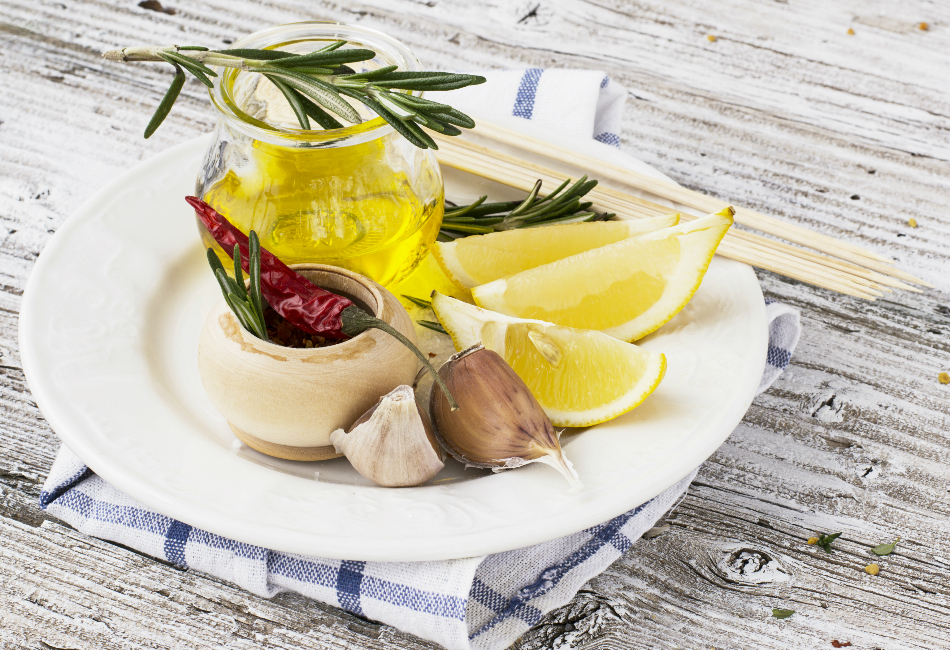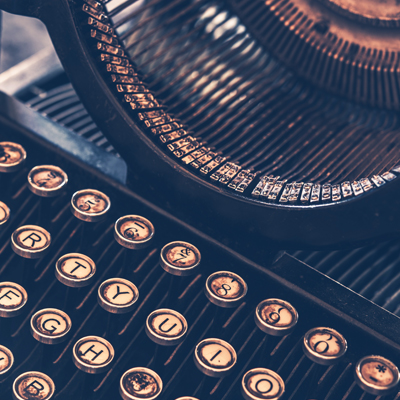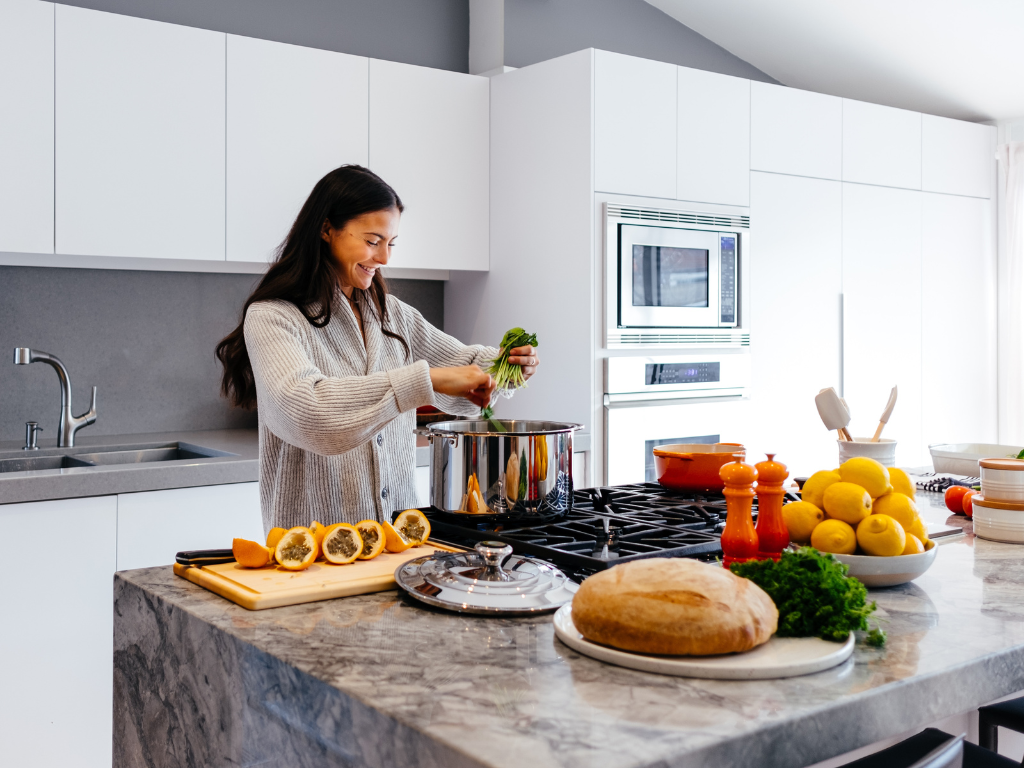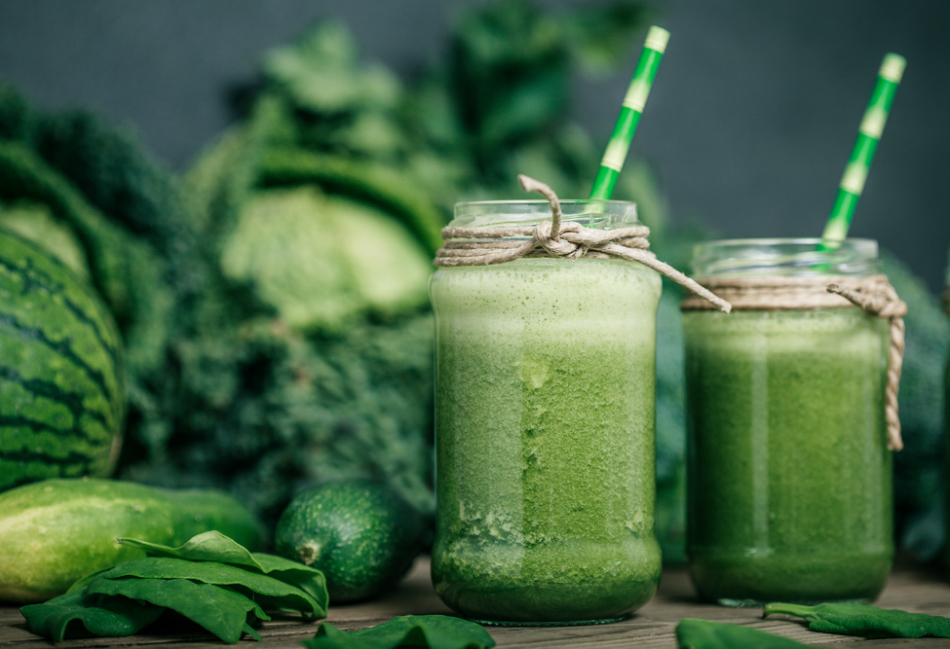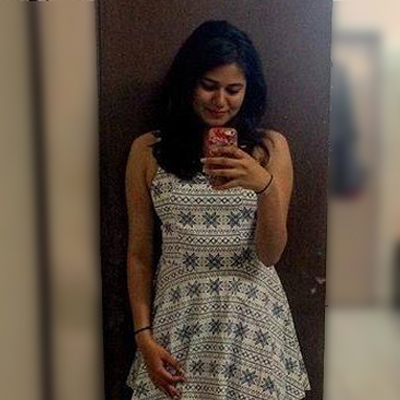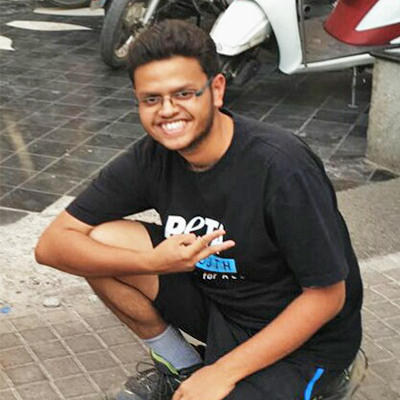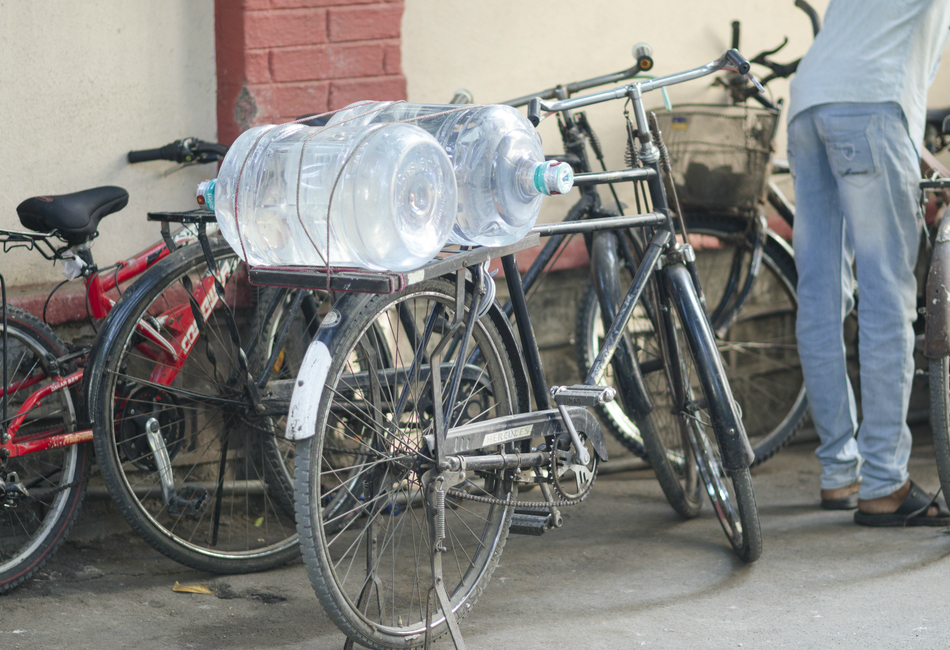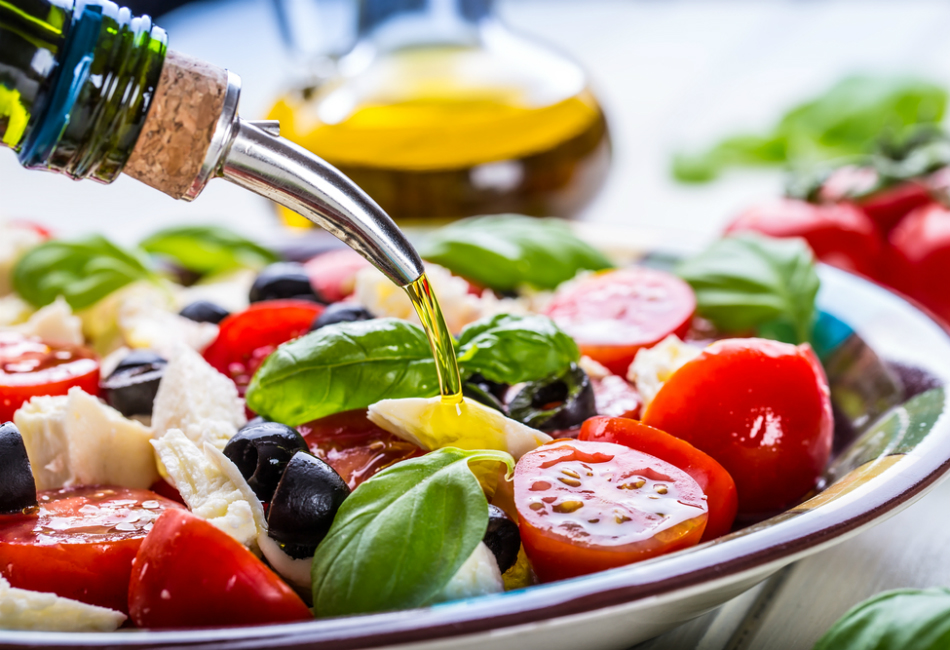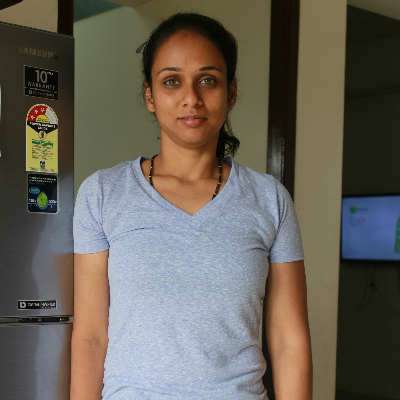Download Free Vegan Starter Kit -
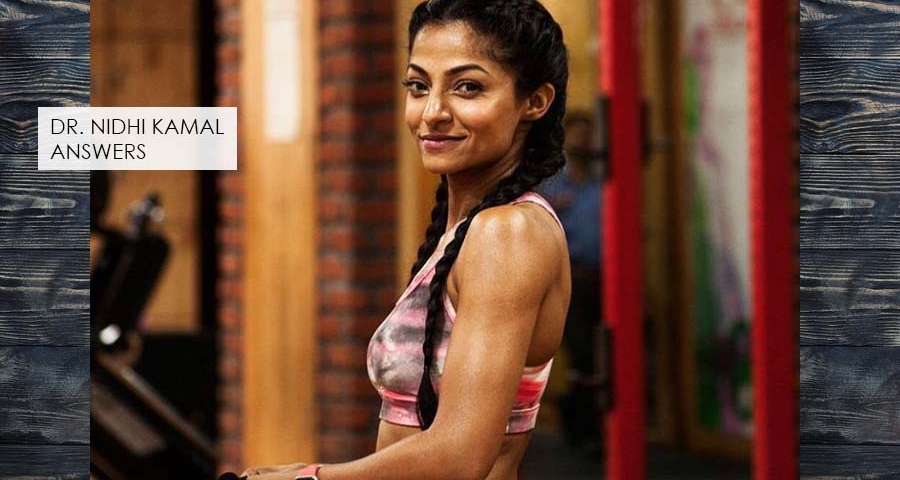
How to overcome Anemia on a Vegan diet, by Nidhi Mohan Kamal
We often hear people complaining that it is not easy to adopt a vegan lifestyle because the nutritional requirements won't be met. This is a reason most of us have heard infinite times but how much of it is true? When it comes to people who suffer from Anemia, getting substantial iron and various other nutrients are imperative. Which brings up the question - Can you really jump on the vegan wagon if you're anemic? To answer this very question and to shed light on the topic we asked Dr. Nidhi Mohan Kamal, Director of NidSun Wellness, a food scientist and a nutrition expert to give us her thoughts. Here is what she has to say
What Causes Anemia?
Anemia is a medical condition in which either the red blood cell count or haemoglobin or both are less than normal. It can be caused due to three major factors which are:
• Blood Loss: Injury, surgery, menstruation
• Decreased production of red blood cells or haemoglobin
• Infections which can be caused by food not being washed, cooked and stored in hygienic conditions.
Moreover, iron deficiency is also the most common cause of anemia. This is because iron is a major component of haemoglobin and is essential for its proper function. Iron is easily available in non-vegetarian sources and those who consume meat and dairy can fight their anemia better. However, with vegans the deficiency of Vitamin B12 (Cyanocobalamin) and iron rich foods, can also be a contributing factor for anemia.

If you already have Anemia and you wish to go Vegan, here are some factors you need to keep in mind:
1: Include Iron rich foods in your diet
If you are going vegan, it doesn't mean you won't have any sources of iron; the things you've heard are half true. All you require is, a shift of sources and your requirements can be easily met with plant-based sources effectively like raisins, dates, and lotus stem. Take lotus stem every alternative day or twice in a week and 2-3 raisins or 2 dates on a daily basis. Since the anaemia is being treated by dietary intervention, do not expect miracles in a day, give yourself at least 2 months to fully recover from the effects of anaemia.
2: Include Vitamin B12 rich foods in your diet
Like Iron, Vitamin B12 is most easily found in non-vegan sources. Though, often we forget the fact that mother nature has a solution to any problem that humankind could ever face if you have the desire to find it. Fermented food products like idli and dosa are great when it comes to providing B12 or even nutritional yeast which comes from sugarcane or molasses; shitake mushrooms and fortified cereals are also good sources of Vitamin B12 if you want to recover from its effects nutritionally. Otherwise, one can always take B12 supplements as per your physician’s recommendation.
[Please never buy any sort of supplement without your doctor’s/ physician’s recommendation.]
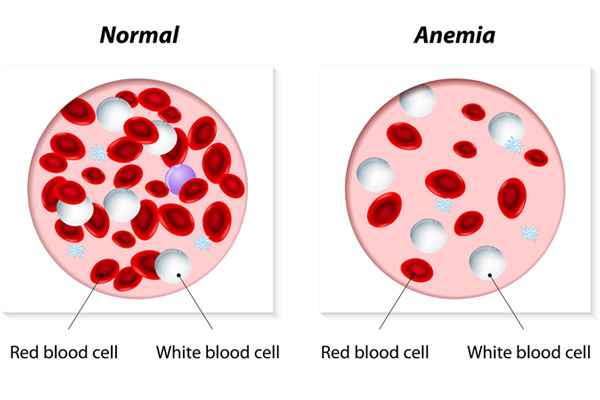
3. Increasing absorption of Iron:
Every element of the body needs a driving force to be able to work to its full capacity. Iron is also one such element. It needs vitamin C to help proper absorption into our bodies. Now, vitamin C is a heat-labile vitamin [one that gets destroyed easily when it comes in contact with heat] hence you can’t cook it. So, if you are adding lemon, squeeze it over salads and consume immediately [it also starts getting destroyed when in contact with air, but this process is relatively slow]. Try an include raw citrus fruits like amla, sweet lime, oranges, guavas etc. Also, to increase the absorption of more iron in the body, try and avoid, tea/coffee/ green tea with meals, always have them 30-45 minutes post a meal.
4. Chelating Agents
Chelating agents such as Brazil nuts, high sulphur foods are those, that easily form strong bonds and help in giving a positive effect of the metal they are bonding with. Brazil nuts are the great source of antioxidants like selenium that helps fight infections and inflammation as well as supplying the body with iron. Foods high in sulphur like broccoli, kale, cabbage [all cruciferous vegetables], garlic, onion, contain a good amount of sulphur that again helps in the absorption of iron to an extent. But you cannot solely depend on just this to fight anemia!
So, if you follow the right dietary patterns, fighting anemia on a vegan diet can be a cakewalk.
We agree with Dr. Nidhi, a healthy nutritious vegan diet is key to fighting most illnesses caused by vitamin deficiencies. There is a definite science to balancing and getting the most from your food. Having a nutritionist or a great doctor that can correctly diagnose and treat your anemia will certainly help in overcoming this condition. We hope these health tips from Dr. Nidhi were helpful. If you have some of your own do let us know in the comment section below.
Like this?
Read? Does Eating Meat Cause Cancer?
Read More? The Connection Between Dairy and PCOD
AUTHOR

trending
Be a Vegan First Informer
Send us buzzworthy news and updates
Explore
Contact Us
About Us
Stay Connected
Copyright ⓒ 2017-2023. VEGAN PASSION PRIVATE LIMITED. All Rights reserved.
For more information, please write to hello@veganfirst.com
Registered Office Address: 55, 2nd floor, lane 2, Westend Marg, Saidullajab, Near Saket Metro Station, New Delhi, Gadaipur, New Delhi South West Delhi, DL

2.png)

.png)
.png)
2.png)
2.png)
2.png)


1.png)

